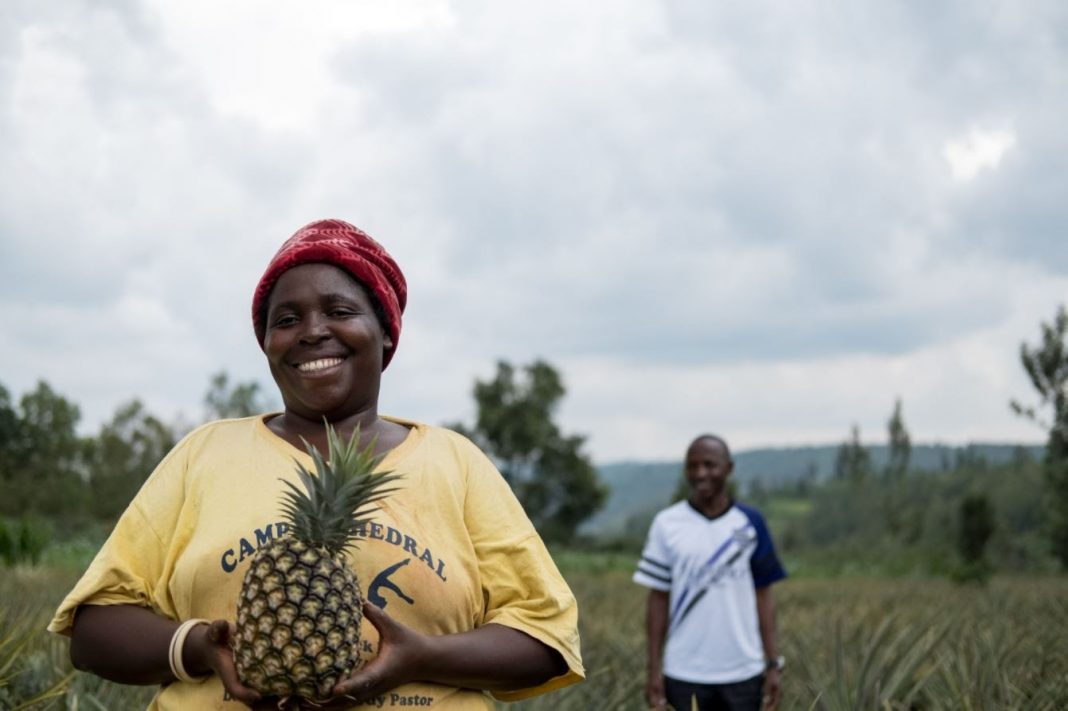The UN Food Systems Summit southern Africa region led dialogue discussions on how food and water security can be achieved in the region.
Research shows that southern Africa faces an uphill battle to achieve food and water security. Roughly 43% of the region is either arid or semiarid and 70% of people in southern Africa rely on rain-fed agriculture.
Speaking at the regional dialogues, the International Water Management Institute’s country representative for the southern Africa region Dr Inga Jacobs-Mata said the circumstances in the achievement of food and water security in the region have worsened by unusual times “bringing age-old questions back to the fore such as ‘can southern Africa feed itself and does the region have enough water to do so’,” said Jacobs-Mata.
She said while the interdependencies and trade-offs between water, energy and food are well-known and understood, the level of institutional, policy and sectoral coordination are often not.
“Water security is a priority for energy and food production. However, these two sectors may differ in the prioritisation of the ways in which they achieve and ensure water security,” said Jacobs-Mata.
The United Nations Food Systems (UNFSS) Independent Dialogues (Southern Africa) attempted to answer these questions and provide some solutions.
The dialogues took place this month and looked to unpack the way food systems can be localised and transformed in a water-constrained region in such a way that acknowledges the water, energy and food (WEF) nexus linkages and promotes regional trade as well as enhance equity and inclusion.
Jacobs-Mata said the success of the food systems summit dialogue depended primarily on the participants and the ways in which they interact with each other.
“Success is achieved through exchanges, which include diverse actors from across the entirety of food systems. These different actors must follow the summit’s principles of engagement and discuss long-term visions for sustainable food systems,” she said.
The dialogues highlighted six key thematic areas on which participants were required to engage. The engagement was in an interactive manner that allowed for small group discussion, collective brainstorming, and agenda-setting.
The conversation also included contributions from the World Bank, Global Water Partnership and the Water Research Commission.
Some key thematic areas covered during the discussions included the move towards low carbon energy for food production, climate change impacts on water and food security, as well as community approaches to operationalise the water, energy and food connection.
Other themes included policy coherence and the institutional coordination in water, food, energy; Advancing technical WEF models, tools and frameworks for decision making at multiple scales; And putting nature back in the WEF nexus to build towards resilient food landscapes.
SADC Senior Programme Officer for food security Duncan Samwika said through these exchanges, priorities for action within the context of current realities were identified.
“The priority identified was the need for more dialogues that promote integrated approaches linking water and energy with food.
“Other outcomes from the discussions included the need for data sharing across sectors and across countries as well as the need for financing models to enable the exchange,” said Samwika.
He added that the need for policy implementation that concretises these priorities was also emphasised.
The World Bank’s senior water resources specialist Anna Cestari said other outcomes that were emphasised included the need for institutional coordination, with a special focus on reconciling donor interests with nation state and regional institutional interests.
“Participants also agreed that there was a need for sizable projects to realise true systems transformation,” she said.
Cestari added that it was important that southern Africa voices and inputs be incorporated into the action tracks to help achieve major outcomes from the discussions.
The outcomes of this event will feed into the Global dialogues that will take place on 27 April under the heading “Water: the game changer for food systems”. This will be followed by the UN Food Systems Summit in September.










